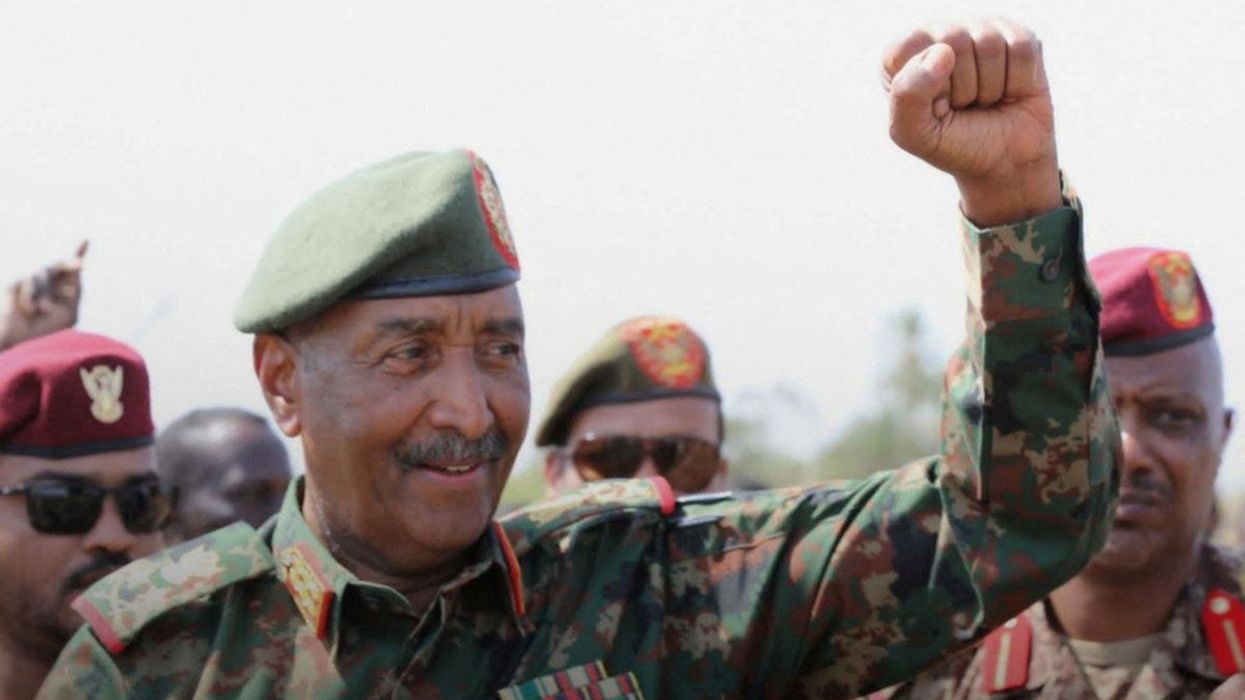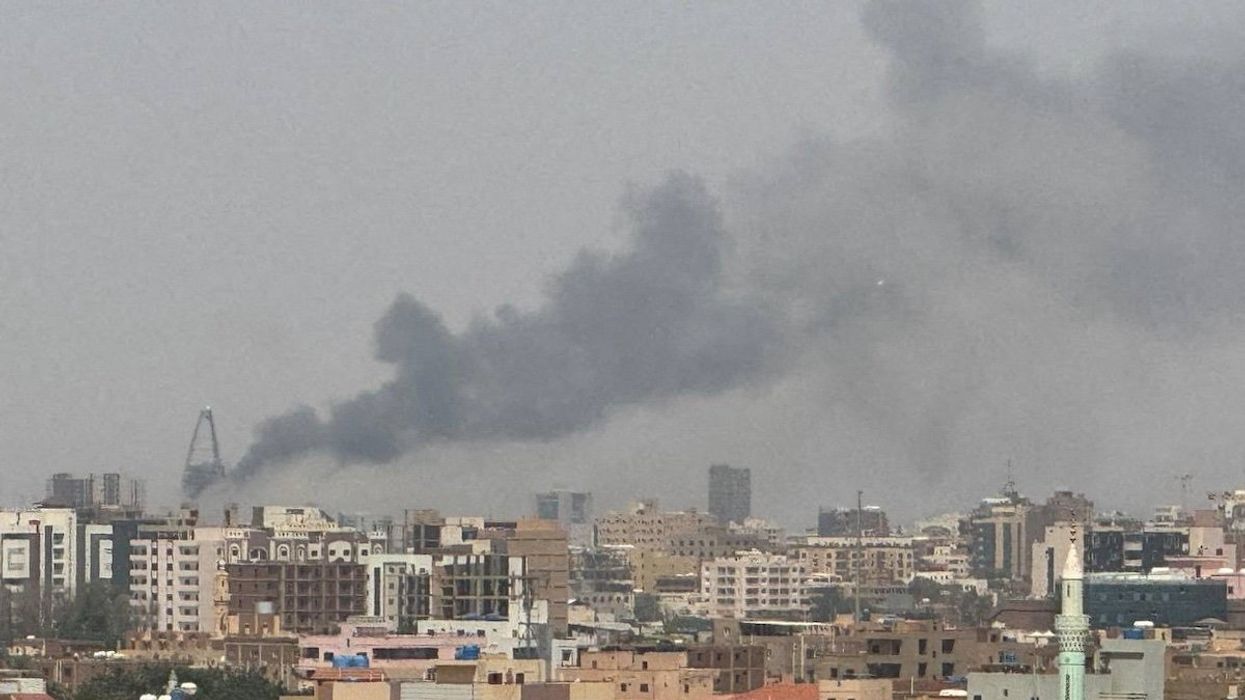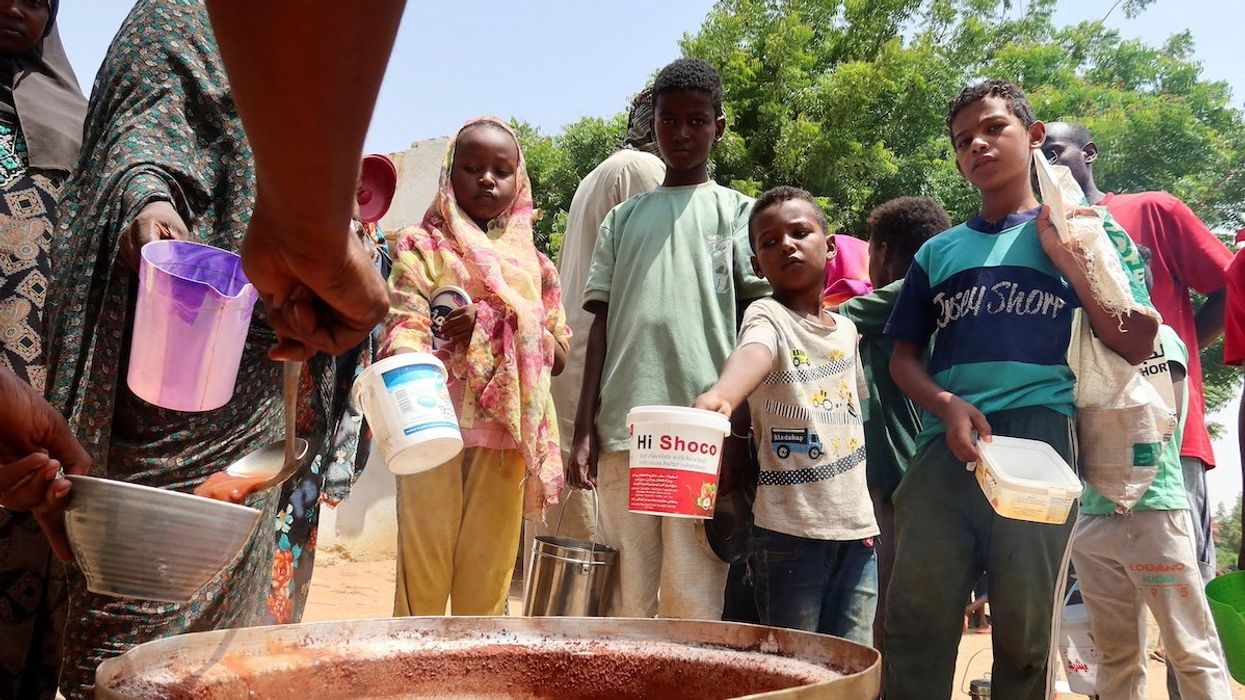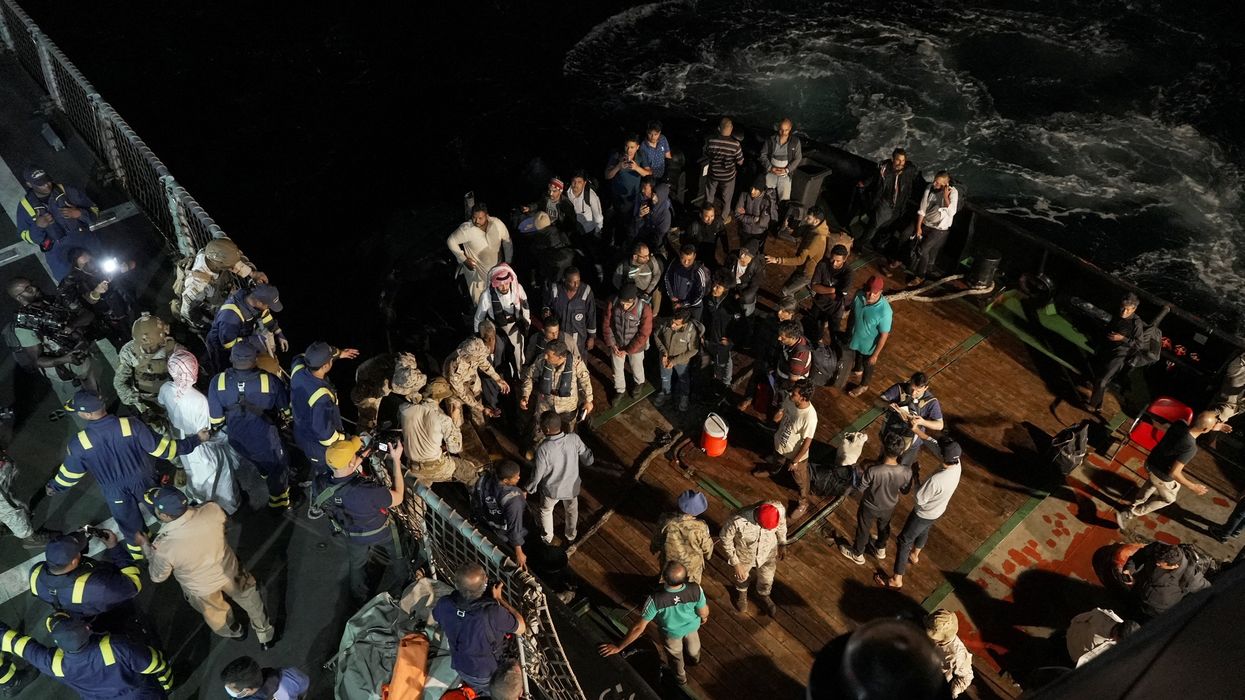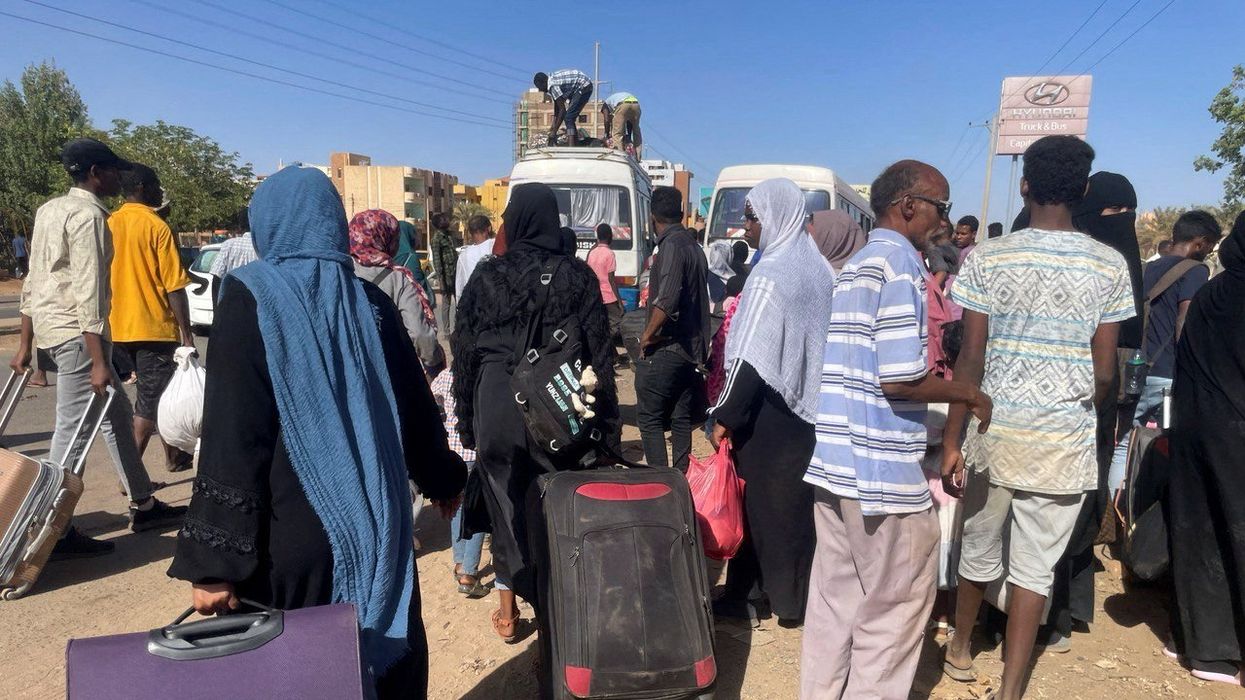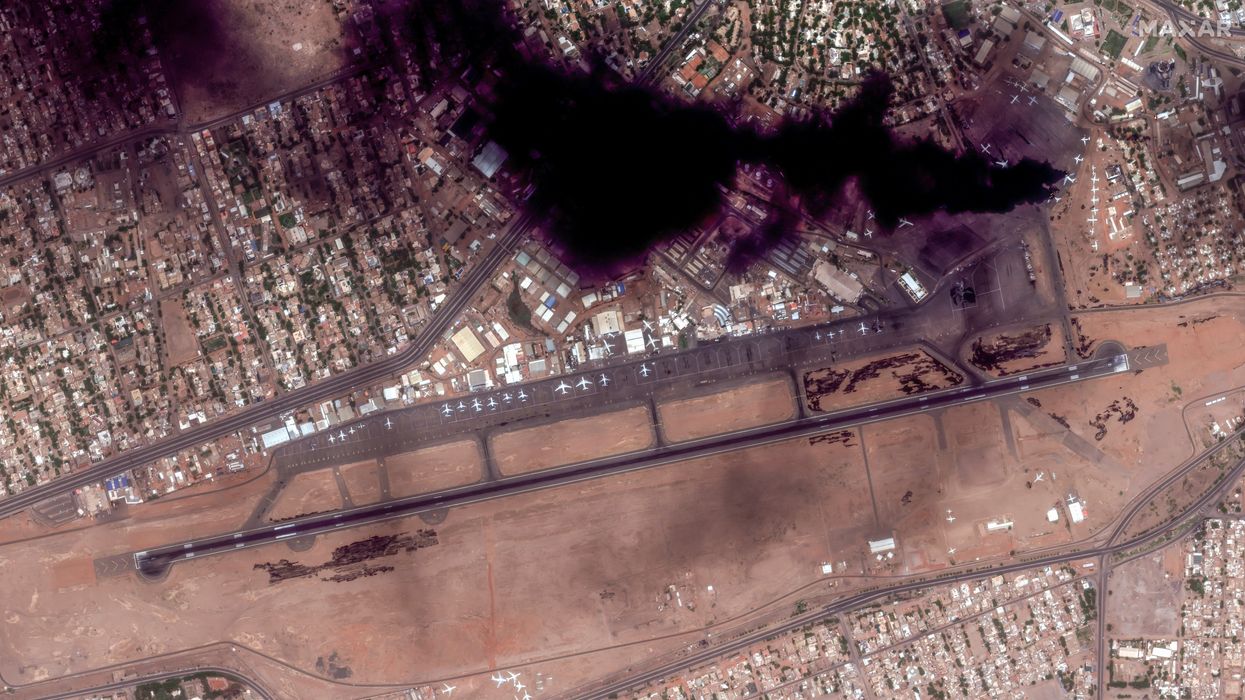What We're Watching
Khartoum falls to the Sudanese Army, but war rages on
The Sudanese Army says it has captured full control of Khartoum from the Rapid Support Forces, a paramilitary group it has been battling in a brutal civil war for over two years. The army has seized key locations, including the presidential palace and the airport.
Mar 26, 2025
